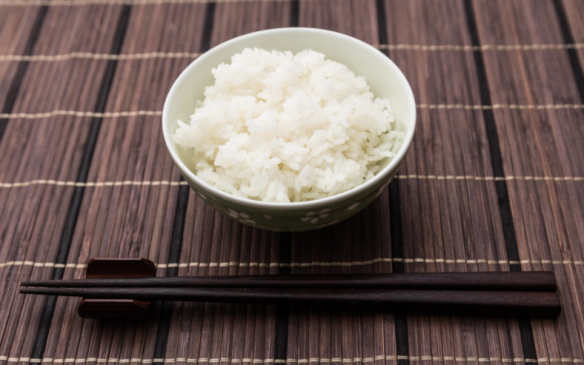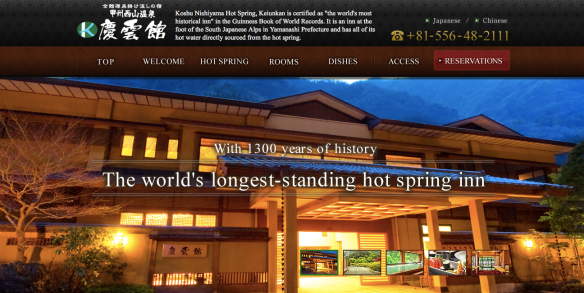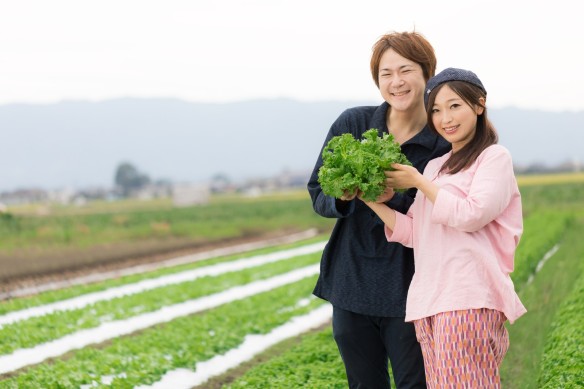The Japanese people say “Itadakimasu” before meals which means “I humbly receive.” The essence of the Japanese culture and the mentality is in a simple word of “Itadakimasu.” From the ancient time, having a meal was considered to be a “shinji” or a sacred ceremony in Japan. In the old days, people used to say the long version.
天地の恵み、箸を高く捧げて いただきます
The grace of the Heaven and the Earth
I raise my hashi (chopsticks) high
I humbly receive
The gesture of raising the chopsticks high means that you are reaching out to the Heaven. The word “hashi” in Japanese has been considered something that connects people with the divine since the ancient time in Japan. The word “hashi” (箸) means a pair of chopsticks and it is related to the word “hashira” (柱)or “pillar.” You may realize the wooden sticks are the shape of wooden pillars and the pillars connect the earth and the sky. The word “hashi” (橋)also means “bridge.” The concept of “connecting” is found in this word as well. And when you use chopsticks, you are using “hashi” (端) or the edges of the sticks.

Most of the Japanese children grow up hearing the following saying: in each grain of rice, there is a god (divinity). It encourages each children to respect each grain and to finish up to the last grain of rice during meals.
When you say “Itadakimasu,” you are acknowledging that you are receiving the gift of lives, the gift of people’s labor, and the gift from the nature. Acknowledging that you are receiving from the divine gifts creates the connection that they are becoming a part of you.
Motoori Norinaga, the Japanese Classics Scholar, has written a waka (Japanese poem) about his gratitude for food.
たなつもの 百の木草も 天照す 日の大神の恵み ありてこそ
The food here and hundreds of trees and vegetables were only because we receive the grace of Amaterasu (heavenly shining) divinity of the sun
Motoori Norinaga (AD1730-AD1801), Japanese Classics Scholar
In the Japanese classics “Kojiki” and “Manyoshu,” the county of Japan is called “Osukuni.” “Osu” means “to eat,” “to treasure” or “to love” as in “oshimu” (惜しむ) and “itooshimu” (愛おしむ).
The word “itadakimasu” represents the communion between the people and the divine which is in everything and everyone that went into making the food.






